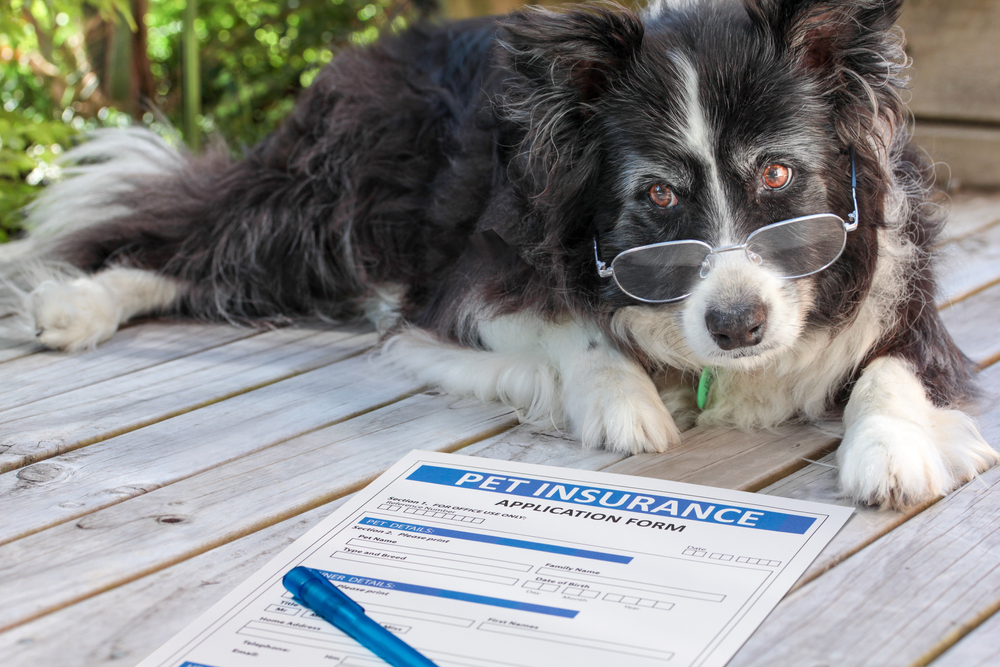What does pet insurance cover?

Pets can be expensive and vet bills can be shockingly expensive, particularly for emergency care or surgery which is why many pet owners purchase pet insurance to help defray some of the costs associated with pet ownership.
Keep reading to learn everything you need to know about pet insurance and how it can help keep your vet costs down and your pet healthy.
What Is Pet Insurance?
Pet insurance is designed to help cover some of the costs related to veterinary care. It is very similar to your own health insurance, a variety of different plans are offered which have coverage limits, deductibles as well as annual caps on benefits.
When it comes to pet insurance, most insurance companies will reimburse for vet procedures on a percentage basis or will pay out a set dollar amount for different procedures. In most cases, you can choose your own vet, there are no networks of approved doctors when it comes to pet insurance.
In addition to full coverage plans there are accident-only plans. These tend to be less expensive but limit their coverage to specific events.
How Does Pet Insurance Work?
In most cases, pet insurance works much like your own insurance. You simply take your pet into your vet’s office for treatment and pay the bill when you leave. You will then submit the bill and a claim form to your insurer via an app, email, fax or even by mailing it in. Your pet insurer will review the claim and if approved will reimburse you for the covered cost.
What Procedures Does Pet Insurance Cover?
What procedures are covered will vary depending on the type of pet insurance you purchase. Accident only plans will cover things such as emergency testing and treatments as well as care for lacerations, broken bones, bites, and even poisoning. However, these policies do not include coverage for illnesses.
A more comprehensive pet plan will cover both accidents and illnesses. Typical items that are covered include:
- Allergies
- Arthritis
- Cancer
- Congenital and hereditary conditions
- Diabetes
- Ear and skin infections
- Emergency care
- Epilepsy
- Hospitalization
- Ligament or tendon injuries
- Surgery
What is excluded from pet insurance?
In most cases, pre-existing conditions are excluded from coverage as well as some common procedures. Exclusions will vary by insurer so be sure to shop around when looking for coverage. Common exclusions include:
- Boarding
- Breeding and related conditions
- Dental care
- Elective procedures like ear clipping and tail docking
- Exam fees
- Food
- Grooming
- Holistic care
- Neutering
- Preventative care
- Spaying
- Supplements and vitamins
What Does a Pet Wellness Plan Cover?
Another option to protect your pet is a pet wellness plan. This differs from a pet insurance policy in that it offers coverage for a range of preventative care that is often excluded from a pet insurance policy. While benefits can vary depending on the provider, most wellness plans cover the following:
- Blood, fecal, heartworm, and urine tests
- Dental cleaning
- Deworming
- Exam fees
- Flea, tick, and heartworm medication
- Health certificate
- Microchipping
- Nail trims
- Neutering
- Spaying
- Vaccination
- Wellness visits
How Expensive is Pet Insurance?
The cost for pet insurance can vary by several different factors. Pet insurance companies consider many of the following factors:
- Pet’s species
- Age
- Breed
- Location
- Type of policy and coverage levels
In most situations, dogs are more expensive to insure than a cat, but premiums can vary dramatically between insurers. In general, dog owners can expect to pay between $20 and $70 a month for a policy that has a $5,000 coverage limit, 90 percent reimbursement rate and a $500 deductible. This policy would cost around $10 to $35 a month for a cat.
Can You Insure a Senior Dog or Cat?
Many insurers will not offer coverage for animals past a certain age. While some insurers put the limit at 10, others may insure an animal up to 14 or even not have an age limit. However, expect a much higher premium for an older animal.
Does Pet Insurance Cover Theft Or Death?
In most cases, pet insurance will not pay out for theft or provide a death benefit. If you have a high value pet such as a show dog, there are theft and death policies available from some specialty insurers.
